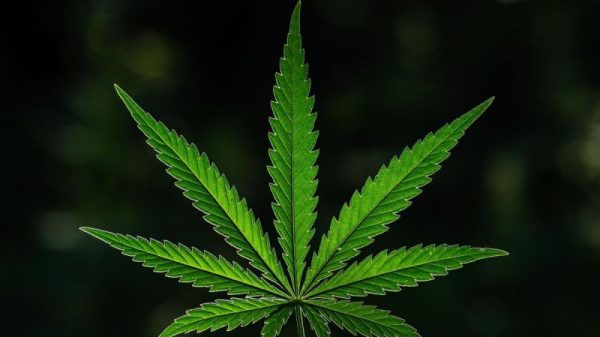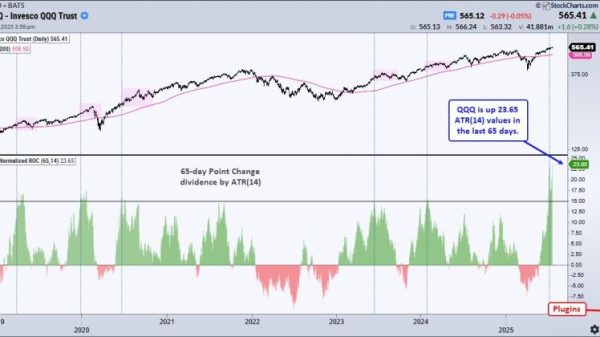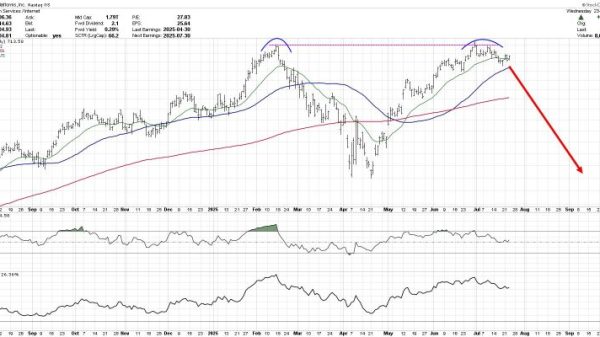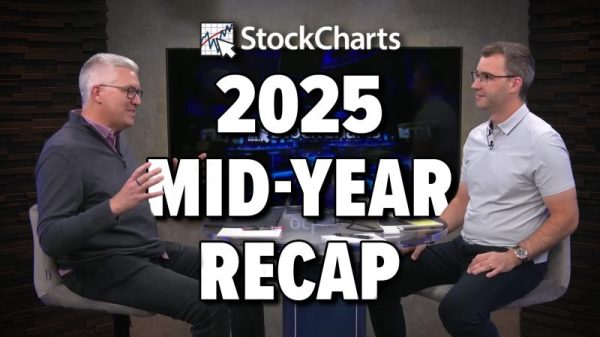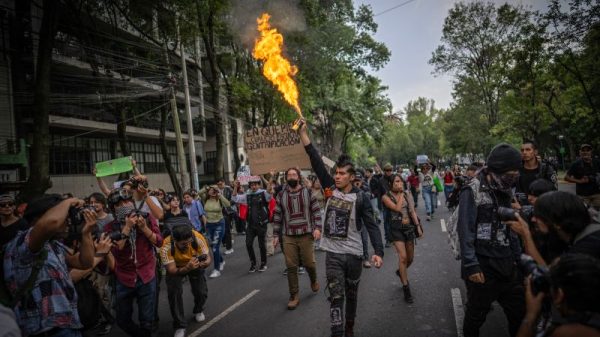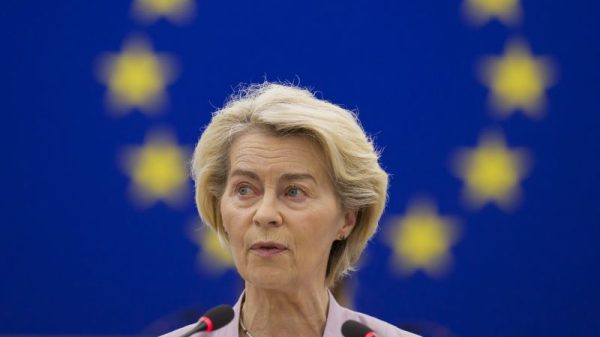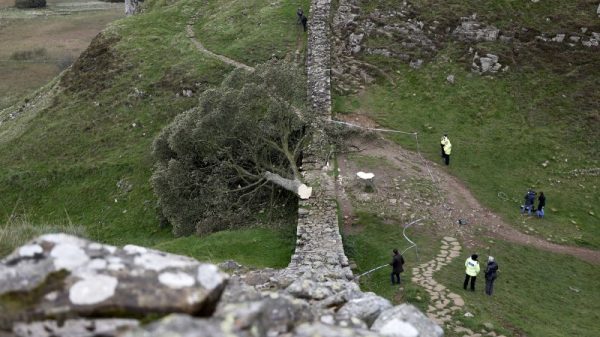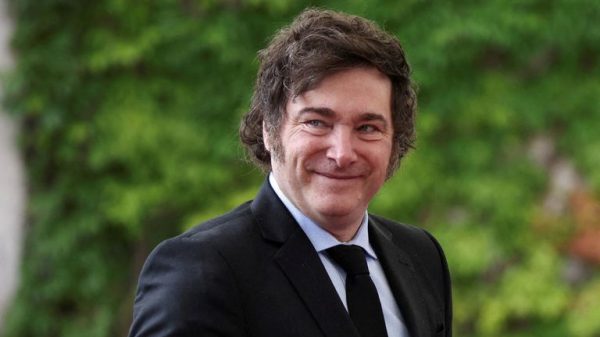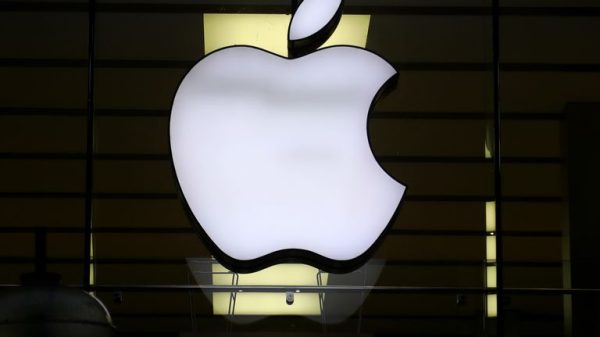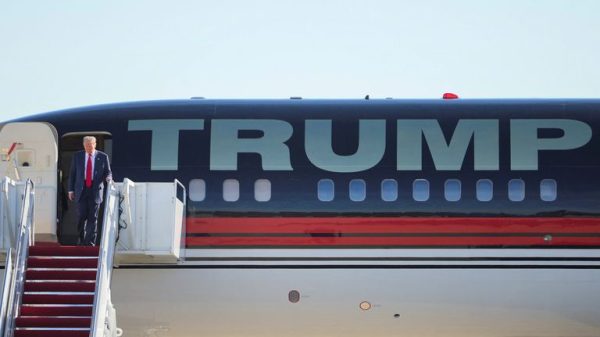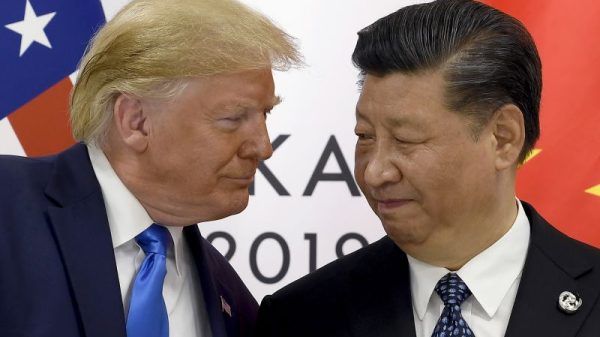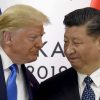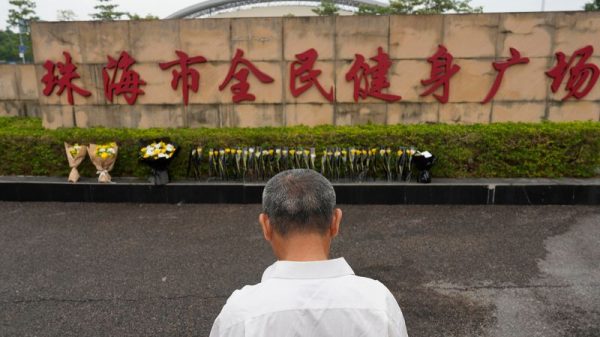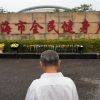Award-winning jazz guitarist Louis Mhlanga has always let music take center stage.
Growing up during the 1960s music revolution, Mhlanga remembers his mother playing Ella Fitzgerald and Mahalia Jackson records. However, it was his professional musician brothers, William and Shaft, who introduced him to the guitar and were his first inspiration.
“I would just watch and listen (to them), and when they are gone, that’s the time I would pick up a guitar and try to copy what they’ve been doing,” Mhlanga said.
His brothers also introduced him to the music of the guitarist who would become his idol — Jimi Hendrix.
“I got inspired by one album of Jimi Hendrix,” recalled Mhlanga. That album was “Band of Gypsys,” released in 1970.
“My brother brought it home, and I thought, wow, that guitar,” Mhlanga added. “My brother kept repeating it, and it was like he was injecting me with this music.”
One especially memorable song was “Machine Gun.” The 12-minute jam-style protest of the Vietnam War is often hailed as Hendrix’s greatest work. It showcases a stunning display of guitar virtuosity.
“His approach to the music and the ideas that he was introducing, the sustain of the guitar which he used and the feedback, I don’t think anybody was doing what he was doing,” Mhlanga explained. “Even today, it still keeps me going.”
Mhlanga’s musical journey has a rich tapestry of influences. He delved into the electrifying beats of rock legends like The Rolling Stones, Deep Purple, and Black Sabbath, while also being captivated by the soulful melodies of Motown icons such as The Temptations and Marvin Gaye. His exploration extended to sounds from China and India, creating a diverse and intriguing musical palette.
“The music of way back then had a lot of messages which was building people’s thoughts, people’s behavior, which was bringing people together and had so much love in it,” said the guitarist. “All that music really play(ed) a part in my growth.”
Professionally, Mhlanga started fronting bands in the late 1970s, mixing both American and Zimbabwean influences. Still, it was through collaboration that he made his mark, working with Zimbabwean music icon Oliver Mtukudzi.
Venturing further, he immersed himself in the rich guitar traditions of southern and West Africa, infusing the traditional mbira rhythms of the Shona people into his own vibrant and modern electric guitar style. Fusing together all these sounds, Mhlanga says, has enhanced his creativity.
“I thought maybe I should try and pick up some traditional songs and change them and play them in my own way, and that kind of worked,” Mhlanga said.
“I think all those different cultures are a melting pot for me, so it also brings out something different to me,” he added.
Mhlanga was intent on making his mark on the jazz scene, which meant composing his own music and blending jazz, rock and traditional Zimbabwean sounds.
“Slowly, I injected that idea into my mind, and it started growing within me. A song came up, another one came up and kept on growing, and the rest is now history,” he said.
Seeking new opportunities, Mhlanga joined The Beaters in 1976 on the invitation of band leader Sipho Mabuse, and relocated to South Africa.
While in South Africa, he collaborated with some of the country’s biggest acts, including Hugh Masekela, Miriam Makeba and Vusi Mahlasela. These collaborations not only expanded his musical horizons but also solidified his position in the music industry.
Affected by the woes of living in a brutal apartheid state, he relocated to the UK, seeking a more conducive environment for his music. However, his heart remained in South Africa, and he eventually returned, determined to contribute to the country’s vibrant music scene.
Mhlanga released his first solo album in 2000 and has since released more than 10 solo albums, EPs, and collaborative projects.
The musician was featured on the 1996 collaborative album “Place of Hope” alongside George Duke, James Ingram and Al Jarreau. In addition to releasing an album with American jazz steel pannist Andy Narell, he recently released “Two Words” with Budha Building (a pseudonym of Dutch musician Hans Timmermans).
After more than half a century playing his guitar, Mhlanga still aims to transform the African jazz sound. His latest album, “Living for the Living,” released earlier this year, aims to unite, uplift, and inspire, reflecting his belief in the power of music to bring people together and spread positivity in the world.
“It’s saying that we are living for each other; we are a chain,” the musician explained. “We need that respect and love within each other to uplift each other.”
See the full episode of African Voices Changemaker’s featuring Louis Mhlanga here.

